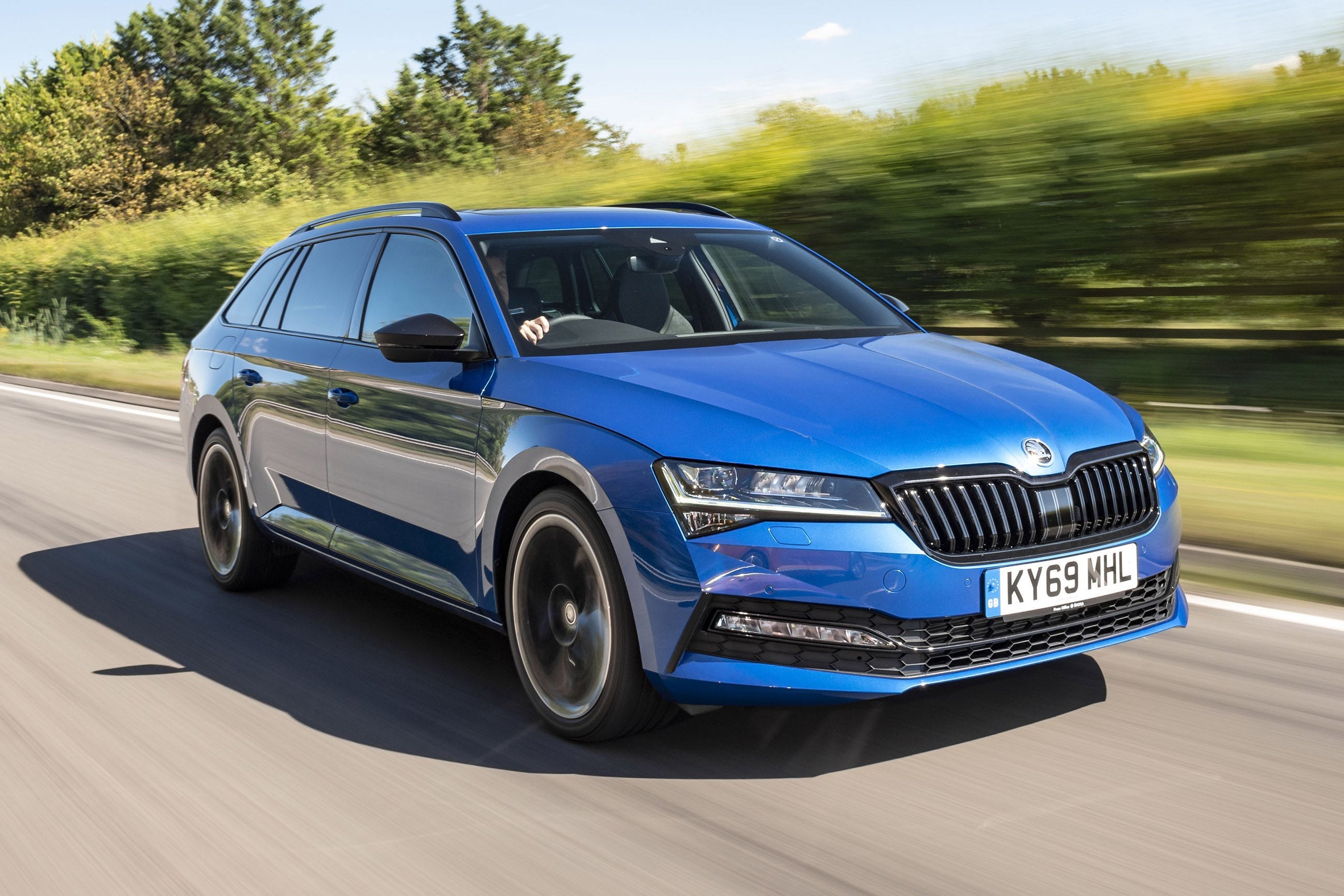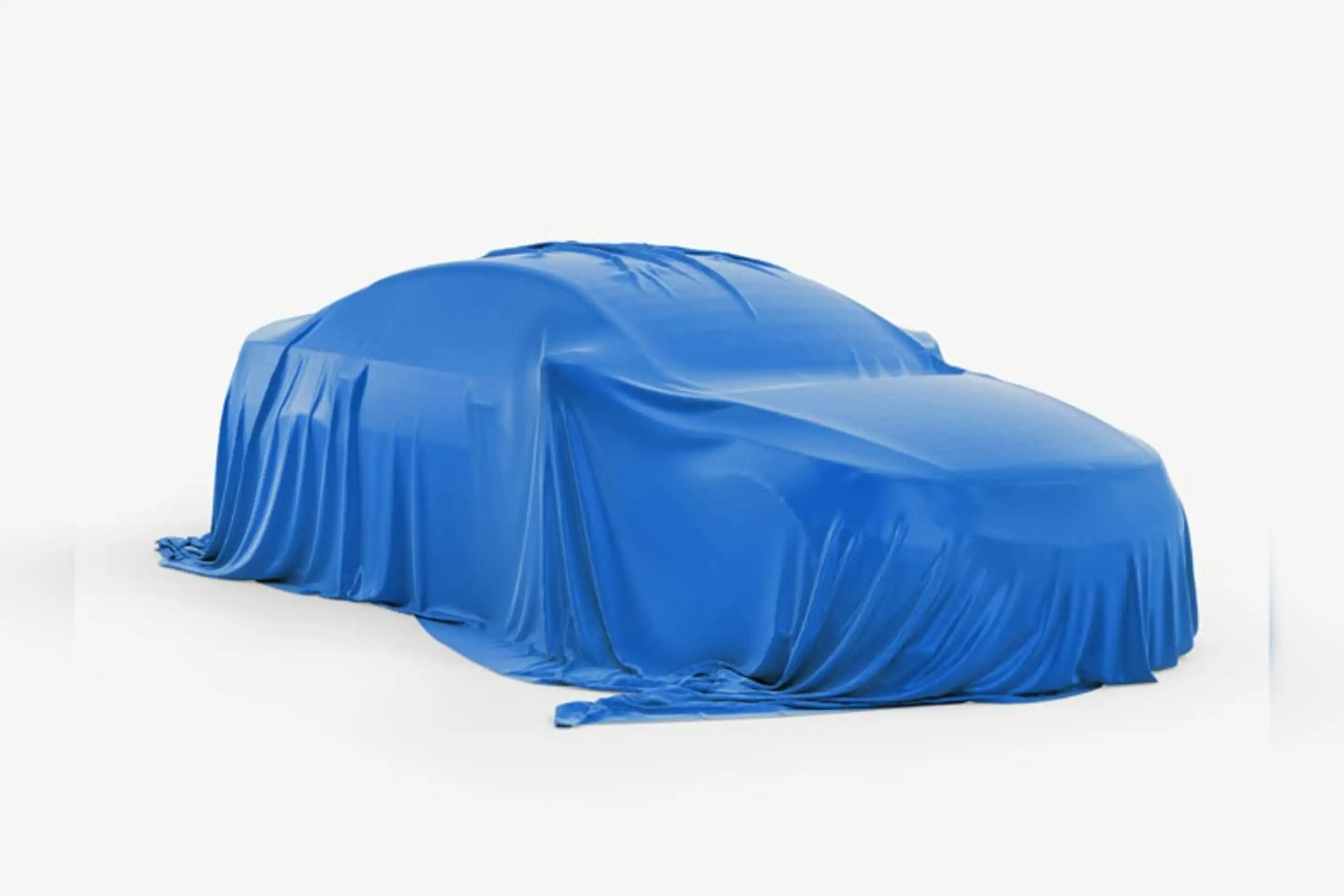26/05/2021
Essential car checks to do before going on a long bank holiday journey
Written By Lawrence Allan

- Millions plan to hit the road for the bank holiday weekend but drivers are being urged to check their cars before setting off
- heycar research has found one in five drivers have delayed their annual car service because of the pandemic
- Checking your car is in good running order is crucial for the safety of you, your passengers and all other road users
If you’re planning a long journey this bank holiday weekend then you could be making one of an estimated 10.8m trips, according to the RAC — with even more likely hitting the roads due to predicted summer sunshine.
The latest RAC research shows that just one in 10 drivers are planning to stay at home, which has prompted the RAC to warn drivers to make sure their cars — and anything they might be towing — is ready for the road ahead.
Checking your car is in good running order is crucial for the safety of you, your passengers and all other road users, as well as helping to prevent a breakdown. After all, no one wants to sit at the side of the A1 waiting for a breakdown patrol instead of at the beach.
These checks are especially important considering that most cars have been parked up with little or no use for the majority of the 2021 coronavirus pandemic.
In fact, our own research shows that a fifth of drivers delayed their annual car service due to the pandemic and subsequent lockdowns. This means that there could be the equivalent of 7.3 million unserviced — and potentially unroadworthy — vehicles when these figures are applied to the 32.7 million motorists in the UK.
Highways England advises that drivers should plan ahead this weekend and aim to travel at quieter times if at all possible, which is usually the afternoon and evening of Fridays, and mid-morning to mid-afternoon on Sunday and Monday.

Going on a long car holiday journey? These are the top 10 maintenance checks you should do before leaving home
You're going on holiday! That means you don't have to worry about work for a few weeks and you've got another excuse to not mow the lawn. But, in all of the holiday excitement, it's easy to forget that you need to make sure your car is prepped and ready for the journey ahead.
If you don't check your car then you risk mechanical issues cropping up along the way, meaning you could be spending some of your holiday time away stuck in a garage or on the side of the road waiting for breakdown services instead of enjoying the beach with your friends and family.
When did you last inspect your car's tyres?
Check all four tyres for signs of wear or damage, like cuts, bulges or bits of debris that could have punctured the tyre wall. If there's something stuck in the tyre or a strange bulge in the sidewall, it's important you don't drive the car until you know the extent of the damage and have had it checked by a qualified expert.
When the tyres are cold, check the pressure, too. The required tyre pressure can be found in the car's handbook or on the pillar of the driver's side door.
As a minimum, each tyre must have 1.6mm of tread across the entire tyre. Be sure to check the tyre in several areas as uneven tyre wear may give you a false reading.
Are the brakes good?
Brakes are harder to check visually, but brake pads can stick to the disc and callipers can seize if the car has not moved for a while.
When you drive the car for the first time in a prolonged period, it’s normal for some surface corrosion of the brake discs to have occurred. This means you might notice an unpleasant grinding sound when you first apply the brakes - this noise should clear after a few minutes as the rust is worn away by the brake pad.
If the vehicle feels as if it pulls to one side or the pedal vibrates when you apply the brakes then that could be a sign that there's a potential fault with the discs or pads. If this happens we would recommend getting it checked by a qualified mechanic.
Could your car have an electrical fault?
There are plenty of electrics to check in your car, but the crucial ones are the exterior lights and windscreen wipers.
Testing your windscreen wipers is easy, but inspecting the lights can be a little more difficult. Walk around the car to make sure the lights (headlights, indicators, hazards, dip and main beam, fog) are all in good working order. Reverse the car up to a wall at night and check the brake light - you'll notice light reflecting off the wall. And don't forget to check the number plate lights, as this is a legal requirement, too.
Obviously, if your car dashboard flashes up any warning lights or symbols that don't disappear after a few seconds, these need to be inspected straight away. Common warning lights include low battery charge, ABS, and oil pressure.
Does your car have enough engine oil?
It's a good idea to check the oil level regularly, even more so if your car has been sat around for a few weeks or months.
Most oil level readings need doing when the car is cold (though it's worth checking the manual), so make sure you've given the engine time to cool down — and ensure your car is parked on a flat surface, too.
When you remove the dipstick, wipe it with a clean cloth and then dip it all the way back in. Pull it back out after a few seconds and see where the oil is in relation to the level marks. Only pour in a small amount at a time, as draining out excess oil isn't fun...
Have you checked your car for leaks?
This one is pretty self-explanatory, but it's necessary to check for any leaks before you set off on a journey. Start by checking the car's water level. You will not have to open the water tank, but you can see the level on the side - it usually has a min and max symbol that makes it easy to visually check.
Some leaks aren't an issue. For example, during the hot summer months, the air conditioning system can create condensation and may leave a puddle of water under your car. This is entirely normal and not a fault - although you may want to confirm this by grabbing a torch and seeing if you can spot where it's coming from.
A brown liquid that looks multicoloured in the light probably means its fuel, for example. Both petrol or diesel has very distinctive scents so you should be able to tell from smell alone. If this is the case, avoid driving as it's highly flammable. Obviously, call a professional, too.
How's your car's battery, is it ready for a long holiday trip?
If your car refuses to start and makes a clicking noise when you turn the key, it's likely that the battery is flat. The owner's manual for your car will provide the instruction you need to jump-start your vehicle. Check the battery terminals for signs of corrosion and clean any residue away to allow a good clean connection with the terminals before you jump-start it (if this is necessary).
In some cases, the battery will be completely drained. This is a common issue in cars that sit around for long periods of time, as well as those that do quite low mileage because the battery isn't being sufficiently recharged. If that's the case, you may need to replace the battery.
While it'll be an extra hassle and more money spent, it's much better to find out you need a new car battery the day before you head off on your trip rather than the morning of your holiday.




